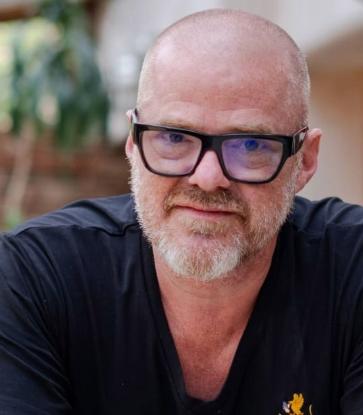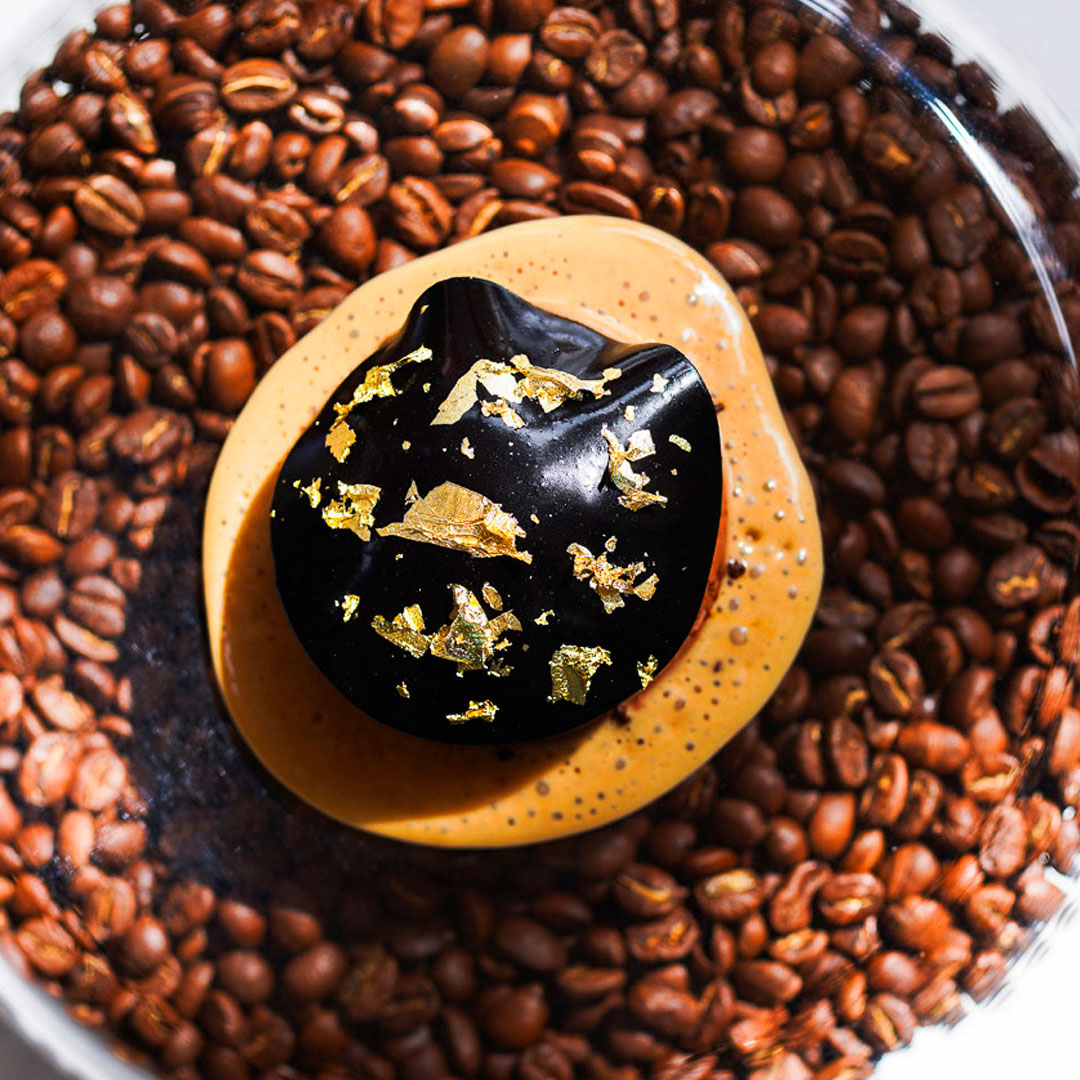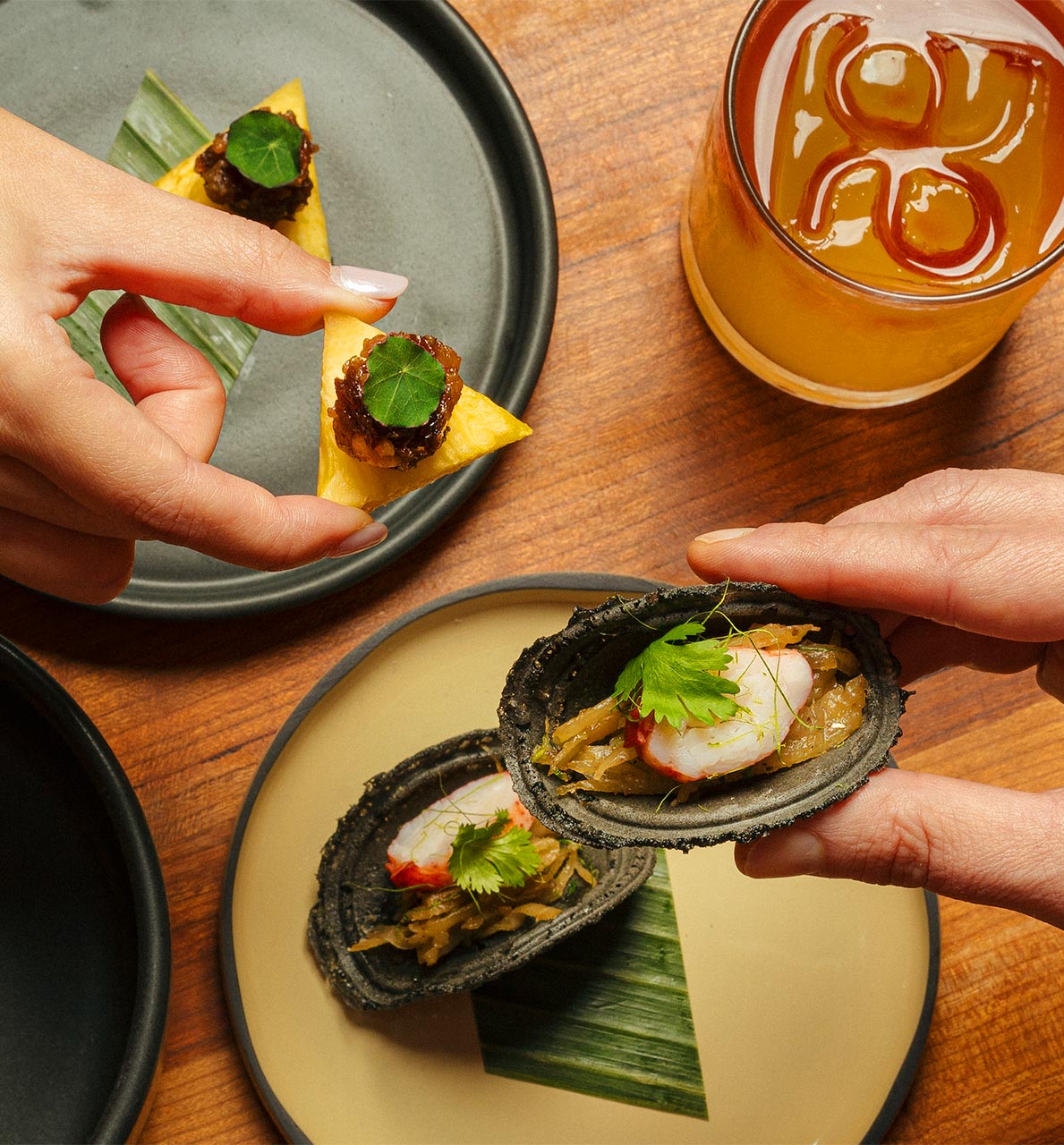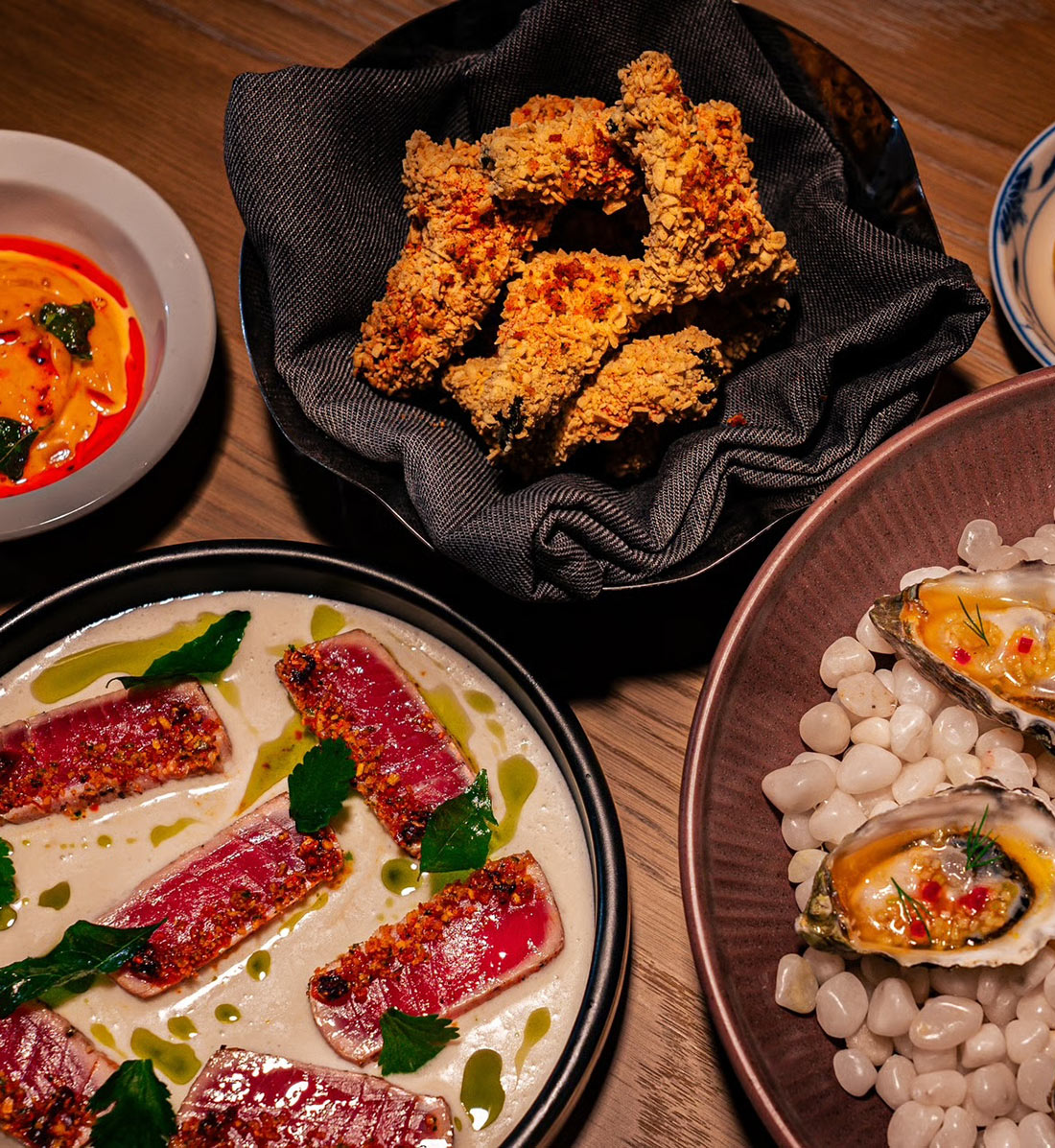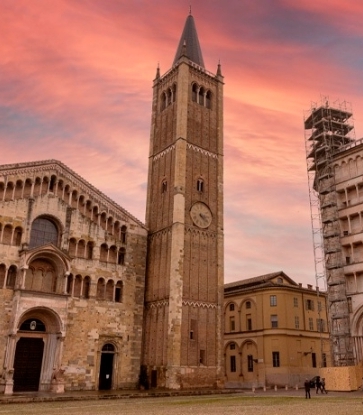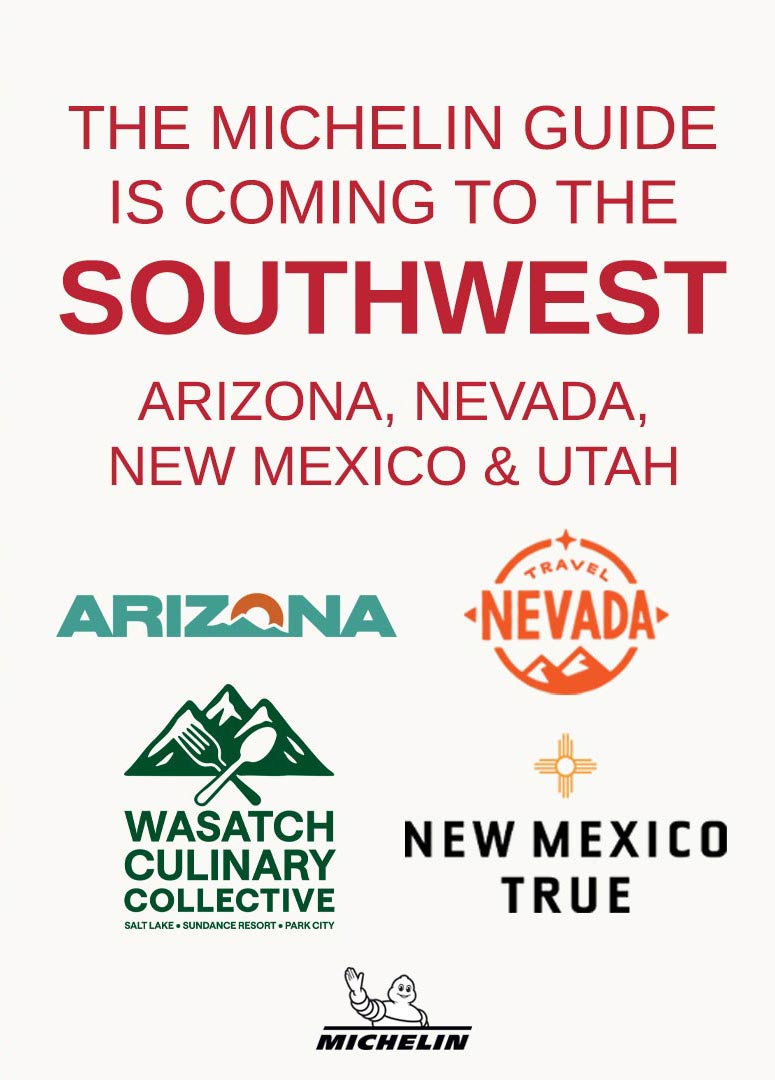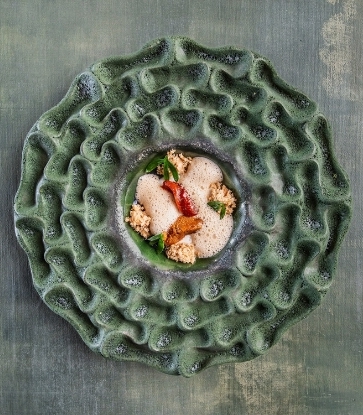The MICHELIN Green Star is awarded to restaurants who are at the forefront of the industry in sustainability. From sustainable cocktails to sustainable dining being a way of life in Baja California, these restaurants prove that being green can be just as tasty as their counterparts.
That’s why, every week, whether it's a restaurant that’s trained 2,000 employees to be more sustainable or a restaurant that promotes feral hog consumption in Texas, we will be highlighting a Green Star restaurant across the United States to share their sustainability story and why it means so much to them.
Chef Dan Barber is a pioneer in sustainability – a true driving force in the future of food.
His MICHELIN Green Star restaurants have become household names: Two MICHELIN Star Blue Hill at Stone Barns and One MICHELIN Star Family Meal at Blue Hill. Canonizing his perspectives onto paper, Barber published The Third Plate: Field Notes On the Future of Food, exploring groundbreaking ideas on sustainability, flavor, and our food systems.
Barber’s impact extends far beyond his own kitchens. His movement has created a ripple effect for a new wave of chefs at MICHELIN Green Star restaurants. As just a few examples, he trained Florida’s Lordfer Lalicon of Kaya, and Colorado Chef Hosea Rosenberg of Blackbelly Market serves produce grown by Barber's Row 7 Seeds.
This is the second part of our interview with Chef Dan Barber. To read the first part, click here.
Before you dive in, if you want to check out our Inspectors' take, click here.

What’s the story behind Blue Hill at Stone Barns?
Twenty-five years ago, the Rockefeller family was interested in revitalizing their old dairy farm. It was their private farm, and Mr. Rockefeller was interested in saving this property that I'm sitting in the middle of from being zoned for 52 housing lots. So, they created a not-for-profit, with a for-profit entity being the restaurant to help support the not-for-profit.The idea was to demonstrate this emerging, exciting social movement, which was farm-to-table, and this direct connection between a farmer and a chef without the interruption of the big food chain. It was an alternate food chain, and an exciting one. To demonstrate it was of great importance.

What is the most sustainable dish on the menu right now?
Part of the problem with our food system right now is that we ask questions like this, pinpointing specific sustainability options. This is the problem because that says there are dishes that are unsustainable on my menu.I don't think of it that way. That dumbs down some very complex issues by asking how we rank things above others. We think about our menu in terms of supporting an ecosystem which is our region, and we do it by not having menus. We have playlists of ingredients that we work on throughout the day, and then we put together a scaffolding of actual dishes, but with a lot of audibles called throughout the evening.
Every table gets a different menu. Tonight, I'm looking at three lambs being broken down for service. So I only have a certain amount of lamb chops, leg meat, and three necks. Which tables are going to get the neck and which tables are going to get the lamb chops depends on the kind of table you are, the interaction you're having with the captain.
If you are Wall Street bros who have just celebrated the close of a deal, that's great. You're drinking a nice Bordeaux, and you're going to get lamb chops. You’re a table of four who's come from Brazil, because you are thrilled to be eating at Blue Hill at Stone Barns, and we're going to give you the neck.
That's how we democratize an animal, but it's also how we democratize the fields surrounding us. We are democratizing ingredients by sprinkling what farmers want to grow, what produce, grains, tubers. What thrives in this environment today. Not this season, but this day, and we are shining a spotlight on them for the 55 guests that we're going to serve tonight.
That's how we think about a menu. How we can become more responsive to what the local ecological niche is telling us it wants to grow.

Has your philosophy on sustainability changed over time?
I don't even know how to answer that.What's changed is that the world of farming and agriculture is headed in the wrong direction. So it's become even more urgent. And I thought 20 years ago was pretty freaking urgent. Right now we have four companies that control 65% of seed. Seed is our food supply. You have four companies controlling 65% of our food supply. Those four companies are chemical companies. They're not food companies. They're Dow Chemical and Bayer dictating what the future of food will be like.
I don't think anyone wants to be living in a world where 65% of our food supply is controlled by a chemical company. That doesn't make you hungry. We are living through the last generation of small, diverse, truly diverse organic farming in this country. Once you lose it, you lose it. The flight of vegetable production to Mexico and, weirdly, Canada, over the last 20 years has been extraordinary in the face of a growing demand for local and organic. It's crazy.

With this urgency, what can be done to either stop or slow down the problem from getting worse?
People could recognize more that chefs should be at the forefront of leading the future in food. We are the arbiters of taste and health. Because if something tastes good, it's healthy, period. We curate this every day. We should be determining the food system, not some scientists in a lab somewhere, creating some fake meat, processed something or other.The idea that food that's fresh and truly delicious is too expensive is absolutely insane. We are creating that environment now. So that's why I turn to chefs always, and why I have this seed company called Row 7 with a network of 200 chefs looking for flavor. And it's critical that we start with seed.
We have a situation where we really need chefs to come out from the kitchen and start determining how people are going to eat in the future. And that's led by pleasure and deliciousness.
F*** it. It is not one diet for the U.S. It is super hyper-regional. If you live where I am, and you're not eating meat, you're not sustainable. That's pretty controversial, but I'm not saying eat it every day, and I'm not saying eat factory farm meat, but meat that contributes to the overall health of the environment. If you're not eating meat, then you're not being responsive to the ecological niche that we're in, which is great for animal husbandry and really important for fertility here. But if you're in Southern California and want to be a vegetarian, go for it.
That's why it's so exciting to be a chef today, even though everyone talks about how hard it is with costs, and no one wants to own a restaurant anymore because you can't afford it. But we're finally in a moment of freedom. 30 to 40 years ago, you were not free as a chef. 50 to 60 years ago, we lived in a world where your menu was dictated by the maître d'. High-end, fine dining restaurants had predetermined menus.
The revolt of the nouvelle cuisine chefs in the 70s really upended that. The chef became the driving force and put his or her name to the menu. This explosion of diversity and exquisite experiences on all levels in the last 20 to 30 years. So, there's never been a better time to be a chef because people come to your restaurant to experience food that is unique. People travel to restaurants not because they're getting French food, but because they're getting food that is particular to place, and the chef has the opportunity to show that off in a way that diners expect.
There's nothing more important than advertising, broadcasting, and digging into your ecological local niche. What is it that is produced here in my area, whether we're in Michigan or Texas or California or New York or anywhere in between? What is it in this niche that is particularly suited to our local climate at this particular moment? I'm going to serve it to you, because you can't get it better anywhere else.
That was never possible just a generation ago, and we've earned the right to wear that on our sleeves. That is the most sustainable because it's the most responsive to the environment around you.

Hero image: Elena Wolfe / Blue Hill at Stone Barns
Thumb image: Jordan Sapally / Chef Dan Barber









